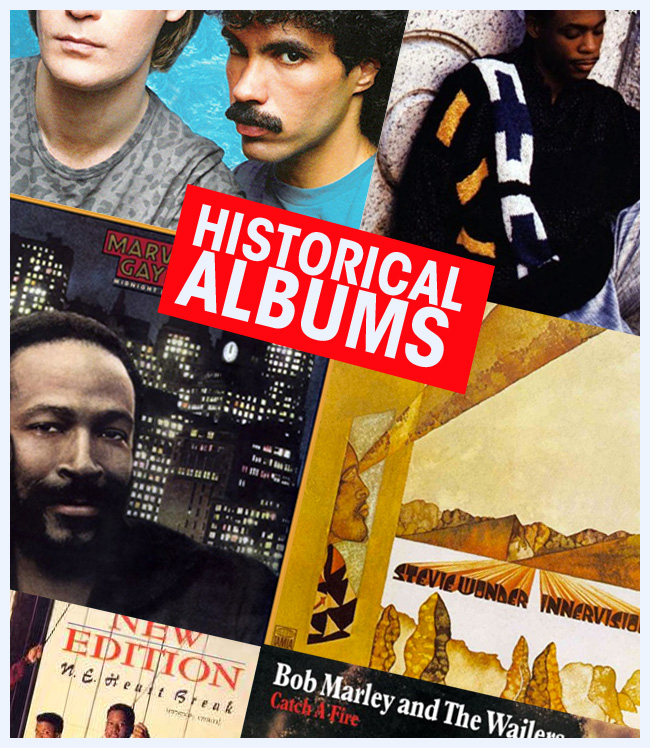This is the second of our series “Music Critics Making Moves,” in which MusiQology celebrates contemporary music critics who consistently bring great energy and insights to the public. With the explosion of great information circulating through print media and social media, it’s difficult sometimes to keep up with it all. We are happy to do some of this work for you by gathering some these critics’ writings for you to enjoy in one place. Their work takes many forms: interviews, articles that unearth important historical projects as well as meditations on current recordings, concerts, legends and upstarts. We hope you enjoy their luminous work as much as we enjoy reading and sharing it.
Today we feature the Virginia-based writer Chris Williams. Chris’ work is an absolute delight and incredibly informative. Although he does other kinds of features, we’d like to draw your attention to the work he does on historical albums. Usually conducted around significant anniversaries, Chris identifies important recordings that, while enjoyed in their moment, still need to be re-circulated before the public. How he does this is ingenious and has a benefit beyond the public being reintroduced to these chestnuts. Rather than interview the stars in a “where are they now” fashion, which would be typical of retrospectives, Chris talks to people connected to the projects: the producers, the inventors of equipment used on the albums, label owners, music directors and so on. His historical journalism based on oral history provides us an angle into pop markets of forty years ago. When Chris asks the right question, a flood of precise, technical, and creative insights flood from these figures that were usually on the second line behind the main talent. Philosophical approaches to the craft of song writing emerge as well. Taken together with the tradition sources for historical information, these series of interviews are valuable tools–and good reading, too.
I’ve found another use for them as well. Chris belongs to a generation of writers who’ve made hip-hop scholarship and criticism one of the most dynamic fields of cultural production of the last twenty-five years. Its ethnographic approach is, perhaps, its most defining feature: the personal investment of these writers’ work is always worn on the sleeve. What Chris achieves by talking to these behind-the-scenes players is to bring some of that “ethnographic” feeling to his subject matter as well. We know you’ll enjoy some of these examples of his work.
A (very) partial bibliography of Chris Williams’ work:
Wax Poetics feature on Stevie Wonder’s album Innervisions
Rap Rehab feature revisiting New Edition’s N.E. Heartbreak with producer Jimmy Jam
An interview with Chris Blackwell on Bob Marley
The Atlantic: The Making of Stevie Wonder’s Talking Book
The Atlantic: The Making of Earth, Wind, and Fire’s All in All
The Atlantic: How Teddy Riley Invented New Jack Swing
Wax Poetics feature of Daryl Hall and John Oates
Tags: chris williams, music criticism



 Share On Facebook
Share On Facebook Tweet It
Tweet It





